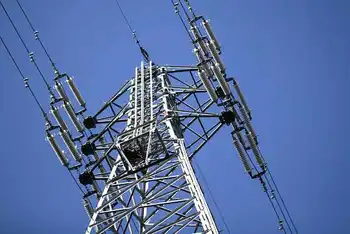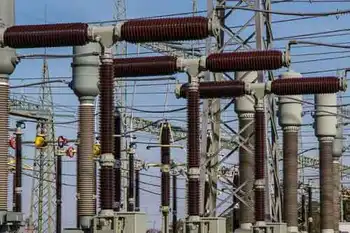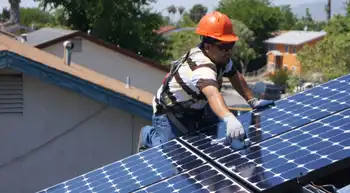B&B negotiates Canada wind farm
WINNIPEG - - Manitoba Hydro, a provincial government-owned utility, said it will negotiate with a subsidiary of Australian investment bank Babcock & Brown to build a new wind farm in the Canadian Prairie province.
The company proposed several options to Manitoba Hydro to produce up to 300 megawatts of wind power, said Adam Macdonald, head of Babcock & Brown's energy development in Canada.
The project could involve capital costs of more than C$600 million ($US582.5 million), Manitoba Hydro said, and could generate enough power for about 90,000 homes.
The proposed site at St. Joseph, south of the provincial capital of Winnipeg, would be the first wind farm in Canada for Babcock & Brown, and could be one of the largest in the country.
"It's obviously an ideal wind site, and the combination of that and access to transmission ... made for a very appealing place for development," Macdonald said.
Babcock & Brown, with its associated company Babcock & Brown Wind Partners , is the world's fourth-largest wind farm owner and operator, and the No. 3 player in North America, Macdonald said.
Manitoba Hydro had short-listed seven developers for the project, which will be the province's second wind farm.
"We're going to negotiate with (Babcock & Brown) further on some of the details of their proposal and go from there," said Glenn Schneider, a spokesman for the utility.
Manitoba Hydro wants to finalize an agreement within a couple months. The project could be operating late next year, Schneider said.
Manitoba's first wind farm is owned by Algonquin Power Income Fund and consists of 63 turbines producing 99 megawatts of power near the town of St. Leon.
Canada generates about 1,800 megawatts of electricity from wind per year, making it the world's 11th largest wind-power producer, according to the Canadian Wind Energy Association.
Related News

Washington State's Electric Vehicle Rebate Program
WASHINGTON DC - Washington State has reached a significant milestone in its electric vehicle (EV) rebate program, with more than half of the allocated funding already utilized. This rapid uptake highlights the growing interest in electric vehicles as residents seek more sustainable transportation options. As the state continues to prioritize environmental initiatives, this development showcases both the successes and challenges of promoting electric vehicle adoption.
A Growing Demand for Electric Vehicles
The substantial drawdown of rebate funds indicates a robust demand for electric vehicles in Washington. As consumers become increasingly aware of the environmental benefits associated with EVs—such as reduced…




